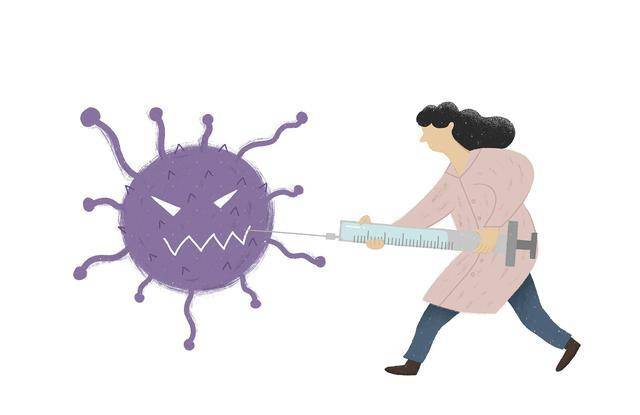Some people may be invaded by the herpes simplex virus, leading to genital herpes, which is a sexually transmitted disease. Failure to take preventive measures can threaten health after virus infection. This disease may recur and cause physical harm and psychological torment. Therefore, understanding the extensive impact of genital herpes and mastering prevention methods are essential to maintaining health and keeping the disease at bay. Some people claim that invasion of genital herpes can cause discomfort in the anus, is this true?
During the course of genital herpes, various adverse symptoms may occur. Although herpes often appears around the genitals, it can also spread, leading to changes in the skin, including around the anus. Localized small blisters may form and may rupture, leading to erosion, superficial ulcers, and discomfort around the anus. If these characteristics appear, suspicion of genital herpes is warranted. Correct treatment is necessary to prevent the worsening of the condition caused by the disease.
What are the symptoms of genital herpes?
1. Swollen inguinal lymph nodes
Many signs of genital herpes are evident. Following virus invasion, there is usually an incubation period of three days to two weeks, during which swelling of the inguinal lymph nodes can be observed. Under normal circumstances, the lymphatic system functions to resist pathogen invasion effectively.
However, when health is threatened by herpes simplex virus invasion, the lymphatic system is unable to effectively combat the virus, leading to abnormal swelling of local lymph nodes. This swelling serves as a signal, and pressing on the area can cause pain, indicating a suspicion of genital herpes.
2. Appearance of blisters
Genital herpes can recur, with clusters or scattered small blisters appearing around the genital organs, anus, and other areas. These blisters may persist for some time, usually two to four days before rupturing. Following rupture, the skin may exhibit erosion, ulcers, and other characteristics. Touch and friction can intensify pain, while pain may also occur without stimulation. Special skin changes of this nature should raise suspicion of herpes, necessitating proper treatment to improve the condition. Otherwise, recurrent episodes may result in recurrent genital herpes.
3. Fever and fatigue
Whole-body symptoms also indicate the presence of genital herpes. For some individuals with a longer course of illness, lasting two to three weeks without improvement, there may be systemic adverse reactions such as headaches, fever, and fatigue. If these symptoms are pronounced, prompt medical consultation is required to determine the source of the adverse reactions. If related to a bodily disease, it is essential to actively control the condition by appropriately suppressing the virus through medication and promoting skin lesion repair.
From the above analysis, it is apparent that genital herpes has a significant impact. As a sexually transmitted disease, both partners should seek treatment if one is infected, abstain from sexual activity, and maintain hygiene. #Health knowledge is on the way#


